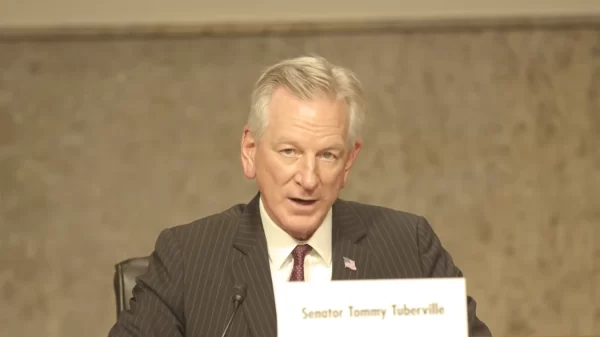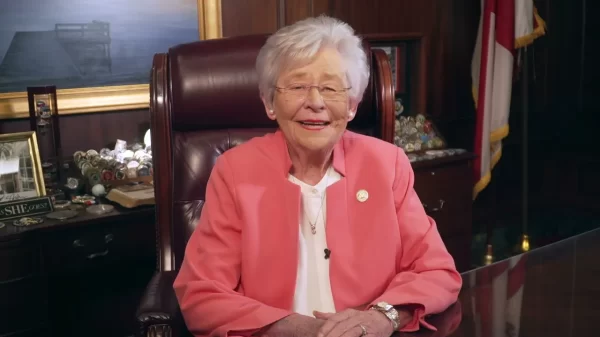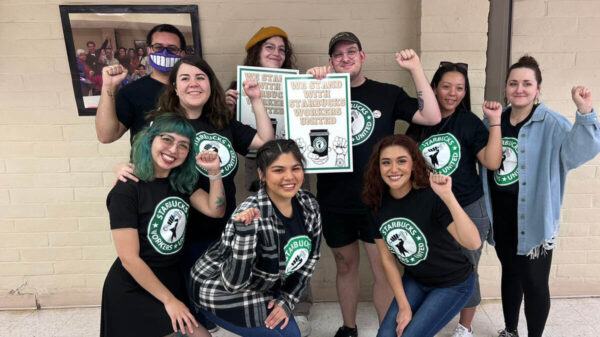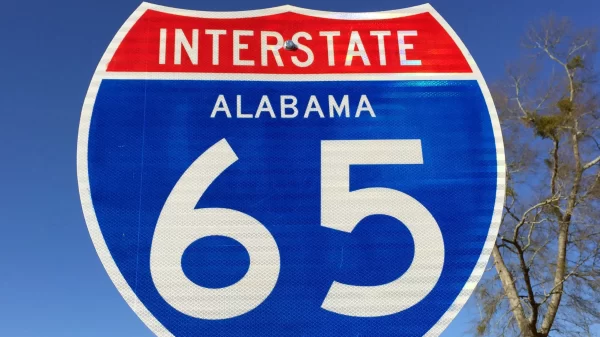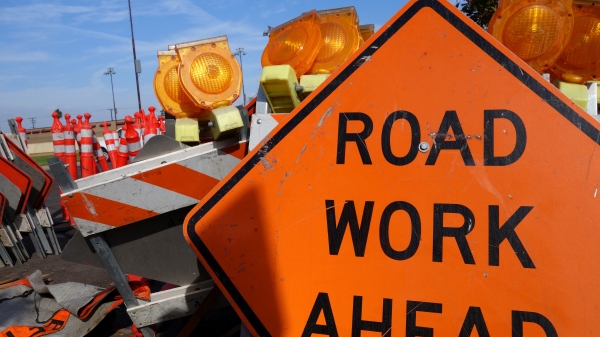|
Getting your Trinity Audio player ready...
|
The Alabama Supreme Court on Friday released an opinion reversing a preliminary injunction that has halted progress on the construction of a new bridge across Baldwin County’s Intercoastal Waterway.
Montgomery County Circuit Court Judge Jimmy Pool in May enjoined the Alabama Department of Transportation from continuing construction on the bridge after Baldwin County Bridge Company (BCBC) alleged ALDOT Director John Cooper acted in bad faith, building the bridge to damage BCBC.
The new free-access bridge will be just a mile from BCBC’s privately owned toll bridge near The Wharf in Orange Beach.
“This is an important victory for Alabama’s coastal residents and millions of visitors to our state. The need for a new, free bridge is obvious,” ALDOT said in a statement Friday. “Not a single justice on the Supreme Court voted to uphold the injunction. The Supreme Court’s decision means construction can restart on this project that will help relieve traffic congestion and provide an additional evacuation route. Construction can move forward in the coming weeks.”
ALDOT has maintained that the new bridge is being constructed to alleviate congestion on Holmes Bridge, the only other bridge across the waterway, due in part to people who don’t want to pay the toll to use BCBC’s bridge.
Without dissenting vote, the ALSC found that the bad faith claim against the Cooper is inappropriate due to the state’s immunity.
“Here, BCBC’s bad-faith claim has been asserted against Cooper in his official capacity — and there can be no dispute that a result favorable to BCBC would directly affect a contract right of the state,” Associate Justice Jay Mitchell wrote in the opinion.
BCBC had argued before the court that the suit against Cooper falls in a category of exception to the general rule preventing the state of Alabama from being made a defendant in a court of law or equity, including its officers when acting in official capacity.
Mitchell wrote in the court’s opinion that bad faith claims against state officials are usually not barred “because such claims almost always seek to control only the unlawful conduct of the official; they do not seek to control the rights or property of the state itself.”
“Still, that logic does not hold when a claim is stayed as a ‘bad faith’ claim yet seeks in substance to enjoin the State from exercising its contractual rights,” Mitchell wrote. “As always, it is the substance of the claim that matters, not its label.”



